
Andreas Bäumler
@abaumler.bsky.social
Distinguished Professor University of California Davis
Member, NAS, AAM, Leopoldina, AAAS
Views are my dog's
Member, NAS, AAM, Leopoldina, AAAS
Views are my dog's
Ancient humans crossing the Bering Strait into the Americas carried more than tools and determination—they also carried a genetic legacy from Denisovans.
www.science.org/doi/10.1126/...
www.science.org/doi/10.1126/...

October 10, 2025 at 1:57 AM
Ancient humans crossing the Bering Strait into the Americas carried more than tools and determination—they also carried a genetic legacy from Denisovans.
www.science.org/doi/10.1126/...
www.science.org/doi/10.1126/...
Hydrogen sulfide production distinguishes Salmonella from close relatives, but its biological significance remains obscure. This study uncovers the secret: Salmonella uses hydrogen sulfide production as a weapon to outcompete E. coli and gain a foothold in the gut.
www.pnas.org/doi/10.1073/...
www.pnas.org/doi/10.1073/...

September 13, 2025 at 6:32 PM
Hydrogen sulfide production distinguishes Salmonella from close relatives, but its biological significance remains obscure. This study uncovers the secret: Salmonella uses hydrogen sulfide production as a weapon to outcompete E. coli and gain a foothold in the gut.
www.pnas.org/doi/10.1073/...
www.pnas.org/doi/10.1073/...
Infection and Immunity is now welcoming nominations for highly promising scientists at the assistant professor level (or equivalent) to submit research to the next New Voices in Microbiology Collection!
Please nominate by the August 18 deadline using the below link:
app.asm.org/account/logi...
Please nominate by the August 18 deadline using the below link:
app.asm.org/account/logi...

July 22, 2025 at 1:37 PM
Infection and Immunity is now welcoming nominations for highly promising scientists at the assistant professor level (or equivalent) to submit research to the next New Voices in Microbiology Collection!
Please nominate by the August 18 deadline using the below link:
app.asm.org/account/logi...
Please nominate by the August 18 deadline using the below link:
app.asm.org/account/logi...
The new open access policy of NIH will take effect next week (July 1st). All NIH funded research 🔬🧪🧬accepted after July 1st must be open access upon publication. Worried about fees? 💸 Check out how IAI stacks up against other journals—you might be surprised. #OpenAccess #SciComm #Microbiology
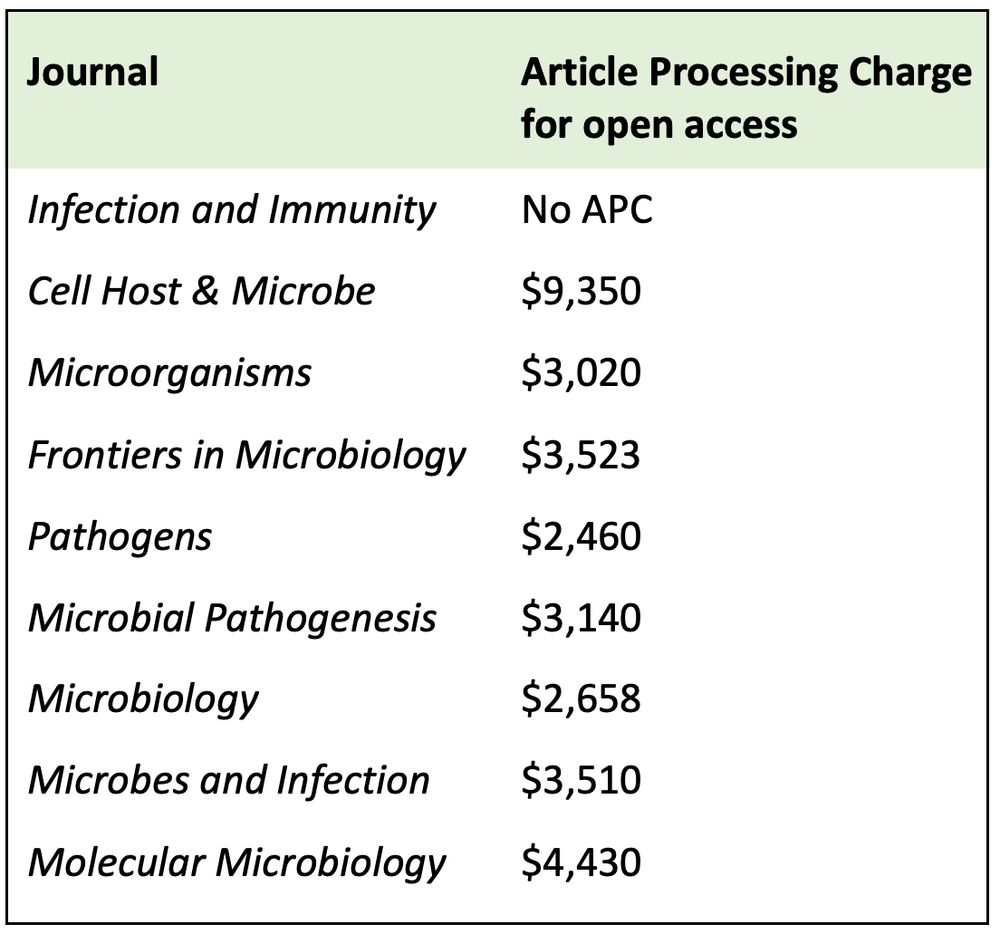
June 26, 2025 at 9:47 PM
The new open access policy of NIH will take effect next week (July 1st). All NIH funded research 🔬🧪🧬accepted after July 1st must be open access upon publication. Worried about fees? 💸 Check out how IAI stacks up against other journals—you might be surprised. #OpenAccess #SciComm #Microbiology
What lessons can we draw? The rise and fall of Hellenistic science shows that scientific progress is neither inevitable nor immune to collapse. It takes generations to cultivate a thriving intellectual ecosystem, yet only moments of intolerance, neglect, or shortsighted policy to dismantle it.
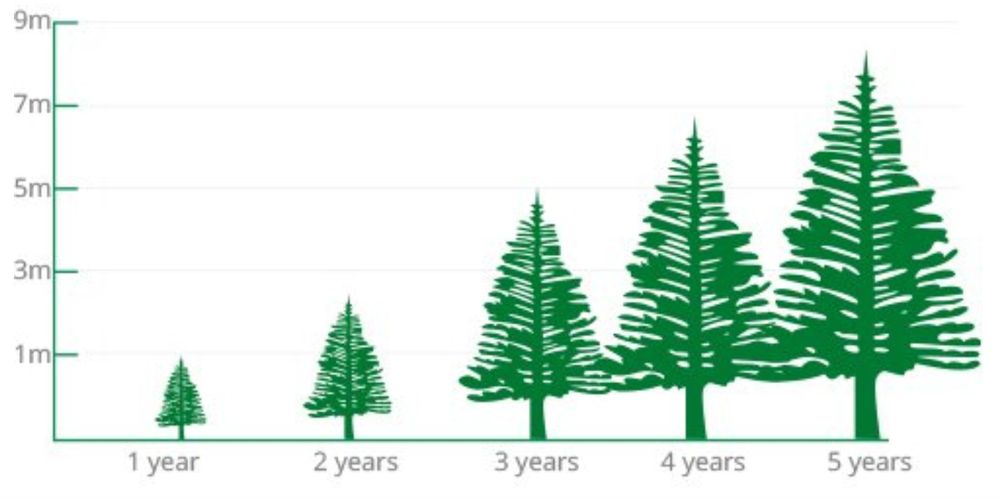
June 8, 2025 at 12:06 AM
What lessons can we draw? The rise and fall of Hellenistic science shows that scientific progress is neither inevitable nor immune to collapse. It takes generations to cultivate a thriving intellectual ecosystem, yet only moments of intolerance, neglect, or shortsighted policy to dismantle it.
The heliocentric theory was revived by Copernicus in 1543 and supported by Galilei’s observations. The rebirth of science during the Renaissance paved the way for Thomas Saveryto invention of the steam engine in 1698, more than a millennium after description of its principle by Heron of Alexandria.
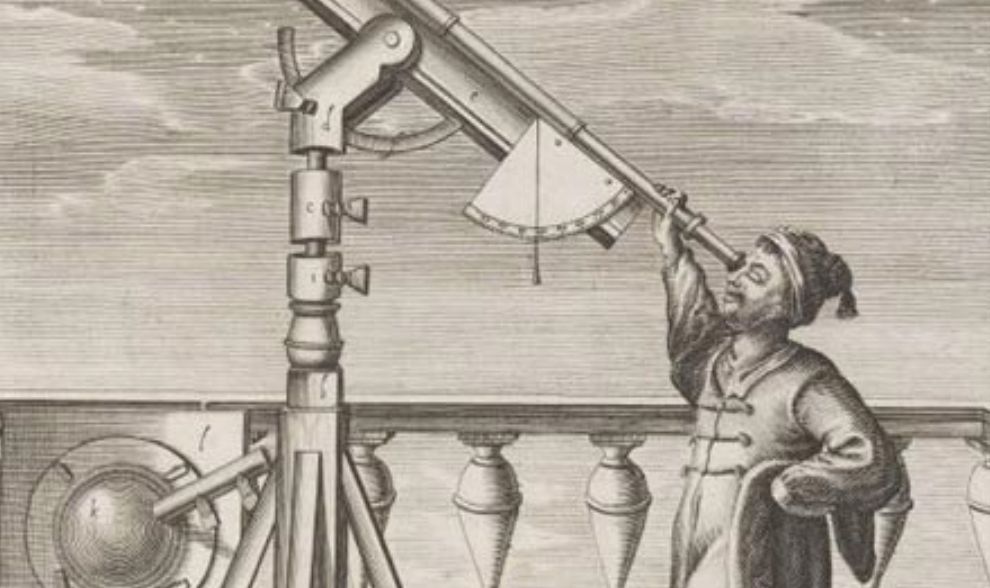
June 8, 2025 at 12:06 AM
The heliocentric theory was revived by Copernicus in 1543 and supported by Galilei’s observations. The rebirth of science during the Renaissance paved the way for Thomas Saveryto invention of the steam engine in 1698, more than a millennium after description of its principle by Heron of Alexandria.
This influx of scrolls ignited a rebirth of science in Europe, the Renaissance. Renowned intellectuals like Leonardo da Vinci and Galileo Galilei made groundbreaking contributions to science and engineering by delving into the distant past to rediscover lost knowledge of the Hellenistic period.
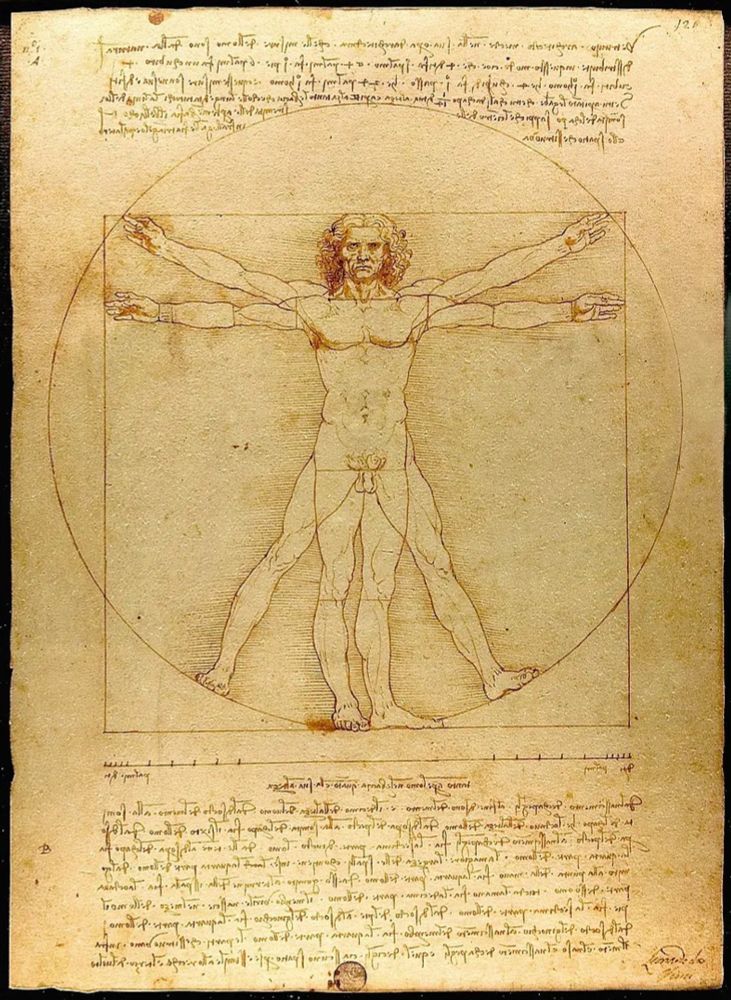
June 8, 2025 at 12:06 AM
This influx of scrolls ignited a rebirth of science in Europe, the Renaissance. Renowned intellectuals like Leonardo da Vinci and Galileo Galilei made groundbreaking contributions to science and engineering by delving into the distant past to rediscover lost knowledge of the Hellenistic period.
The rediscovery of Hellenistic science began in the 8th century when the few surviving scrolls were translated into Arabic. These texts made their way to Western Europe via Arab scholars in Spain in the 12th century, and later more extensively through the influx from Byzantium in the 15th century.
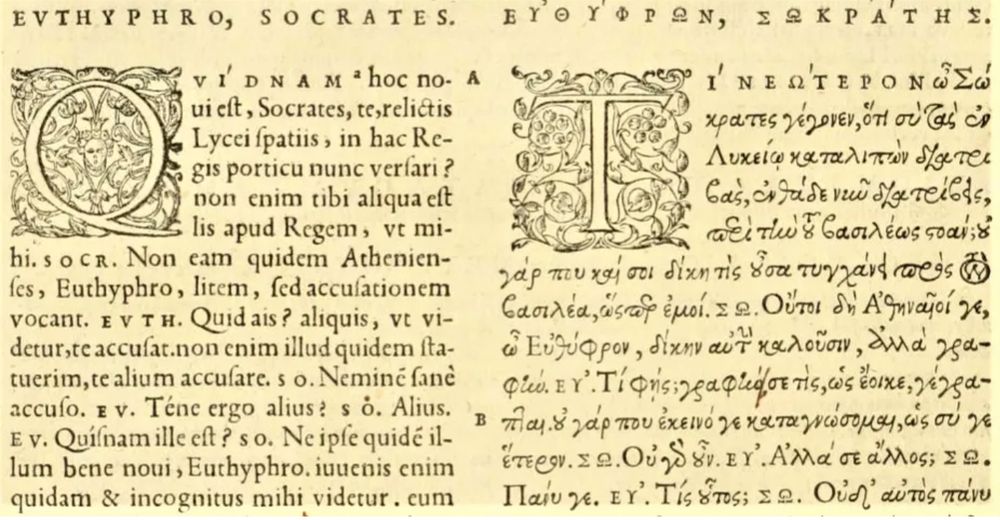
June 8, 2025 at 12:06 AM
The rediscovery of Hellenistic science began in the 8th century when the few surviving scrolls were translated into Arabic. These texts made their way to Western Europe via Arab scholars in Spain in the 12th century, and later more extensively through the influx from Byzantium in the 15th century.
Society returned to a prescientific age. Chemical knowledge, increasingly entangled with mystical and religious beliefs, evolved into the practice of alchemy. Astronomical theory declined, reduced to a tool for casting horoscopes rather than understanding the cosmos.
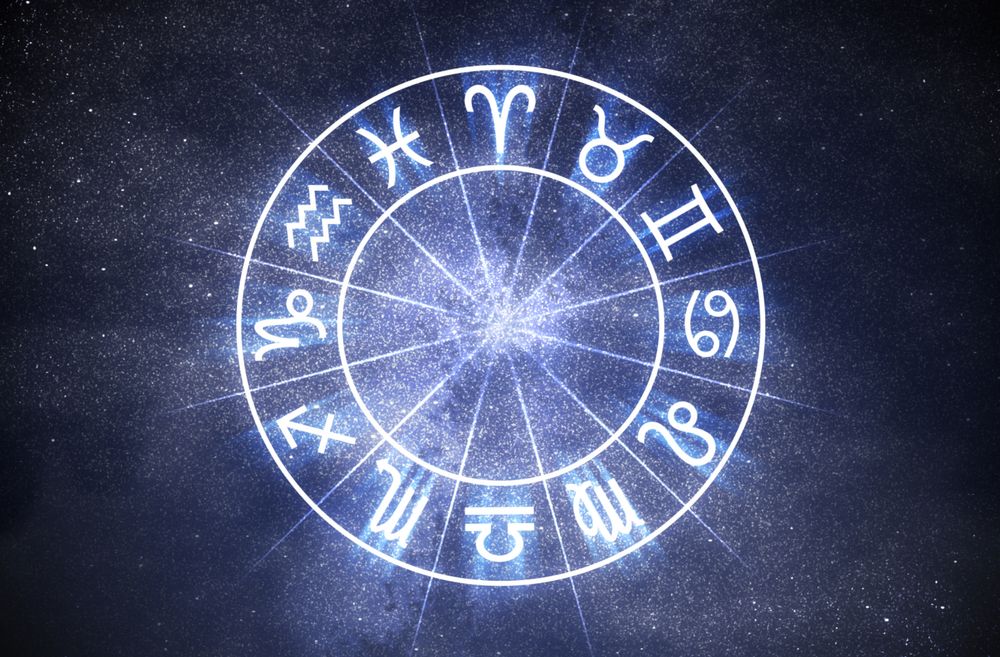
June 8, 2025 at 12:06 AM
Society returned to a prescientific age. Chemical knowledge, increasingly entangled with mystical and religious beliefs, evolved into the practice of alchemy. Astronomical theory declined, reduced to a tool for casting horoscopes rather than understanding the cosmos.
Romans could not follow the logic of Hellenistic science but admired their conclusions. However, early interpretations of Christianity considered Hellenistic science an abomination because it suggests humans are the ultimate source of truth. As a result, little remains of Hellenistic literature.

June 8, 2025 at 12:06 AM
Romans could not follow the logic of Hellenistic science but admired their conclusions. However, early interpretations of Christianity considered Hellenistic science an abomination because it suggests humans are the ultimate source of truth. As a result, little remains of Hellenistic literature.
The decline of scientific inquiry started with the Roman conquest of major Hellenistic centers starting 212 BCE and a brutal persecution of the Greek immigrant population in Alexandria by king Ptolemy VIII in 145-144 BCE. Depleted of Greek intellectuals, the thriving centers of learning went silent.
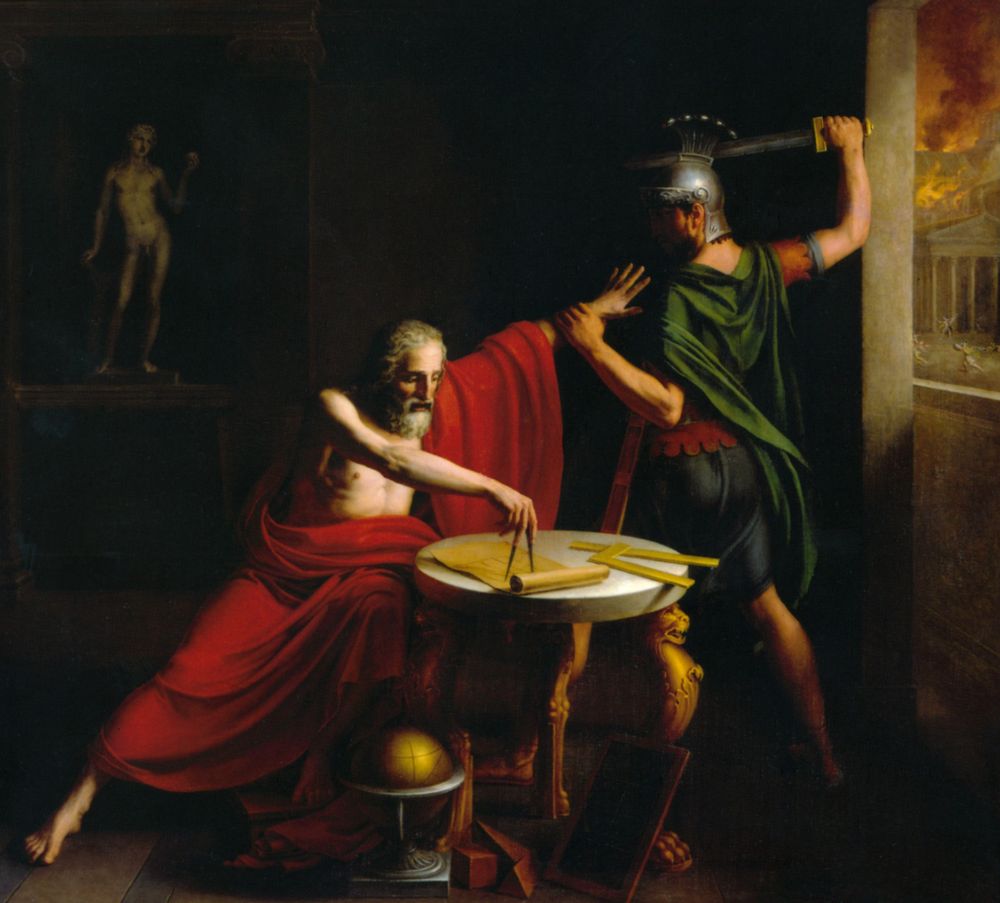
June 8, 2025 at 12:06 AM
The decline of scientific inquiry started with the Roman conquest of major Hellenistic centers starting 212 BCE and a brutal persecution of the Greek immigrant population in Alexandria by king Ptolemy VIII in 145-144 BCE. Depleted of Greek intellectuals, the thriving centers of learning went silent.
By replacing speculation with hypothesis-driven inquiry, Hellenistic science produced numerous remarkable breakthroughs that were centuries ahead of their time: the invention of the steam engine; an accurate calculation of Earth’s circumference and the proposal of a heliocentric model.
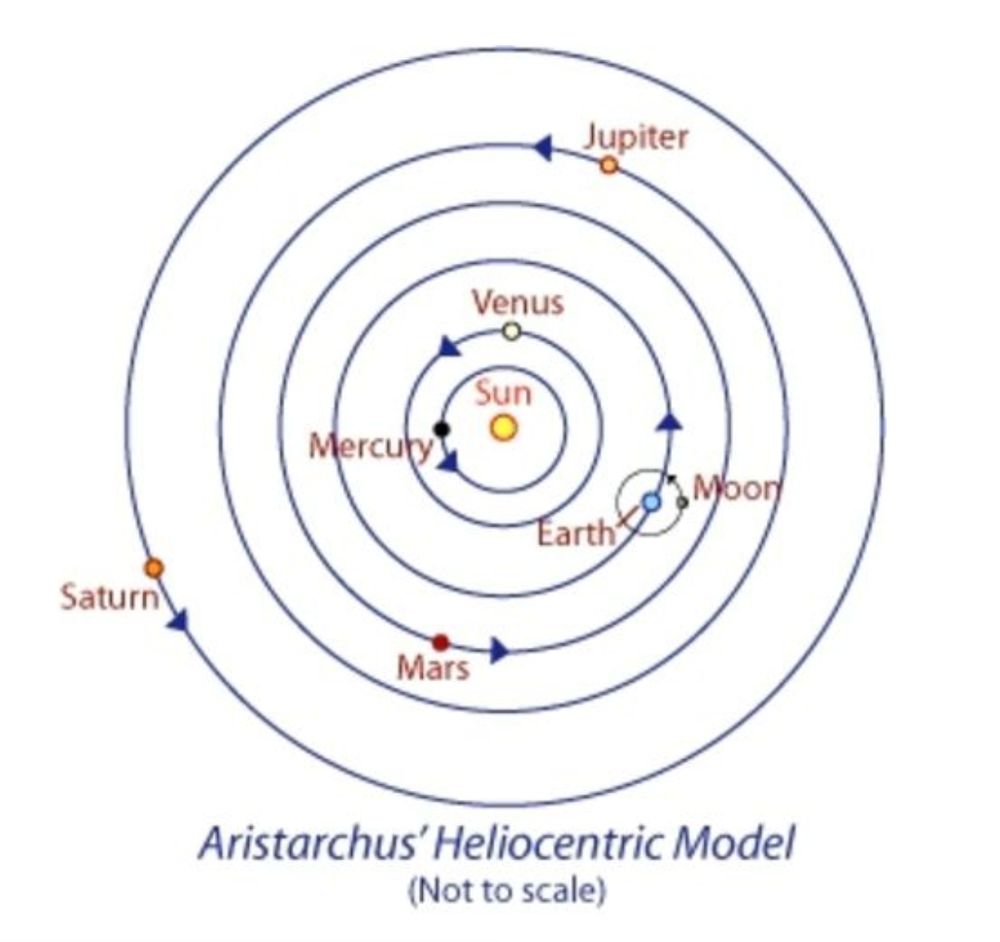
June 8, 2025 at 12:06 AM
By replacing speculation with hypothesis-driven inquiry, Hellenistic science produced numerous remarkable breakthroughs that were centuries ahead of their time: the invention of the steam engine; an accurate calculation of Earth’s circumference and the proposal of a heliocentric model.
In contrast, Archimedes (287-212 BCE), applying the scientific method, formulated the principle of buoyancy: an object submerged in a fluid experiences an upward force equal to the weight of the displaced fluid. This principle refuted Aristotle’s theorem by explaining how a metal boat can float.
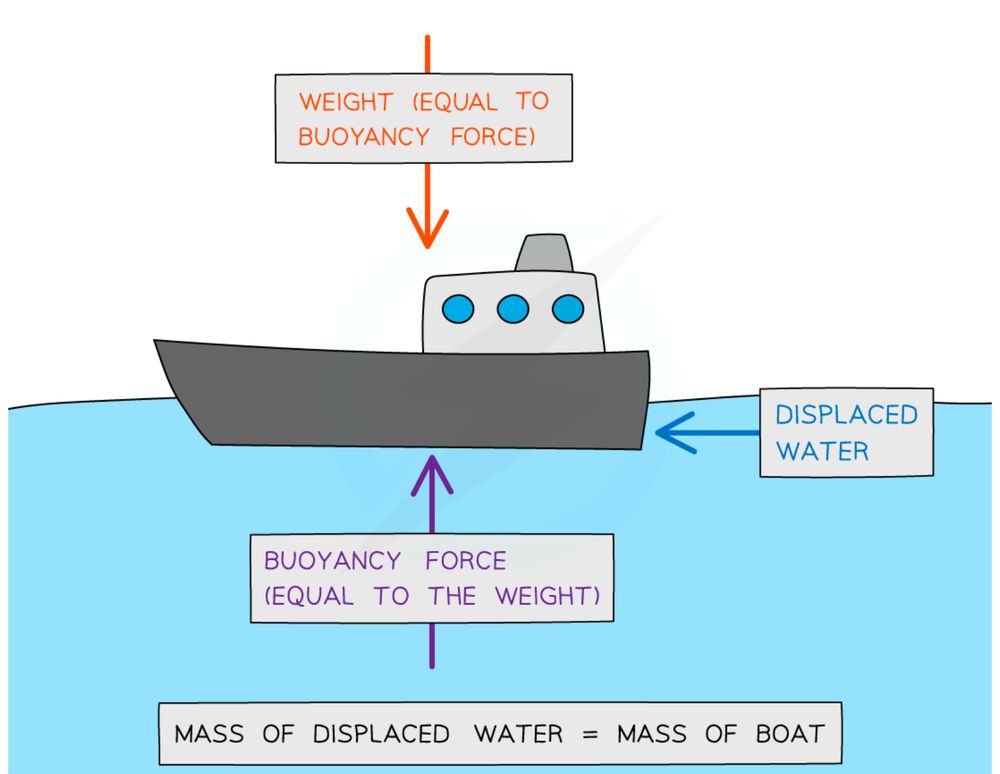
June 8, 2025 at 12:06 AM
In contrast, Archimedes (287-212 BCE), applying the scientific method, formulated the principle of buoyancy: an object submerged in a fluid experiences an upward force equal to the weight of the displaced fluid. This principle refuted Aristotle’s theorem by explaining how a metal boat can float.
The scientific method marked a qualitative leap over the natural philosophy that dominated Classical Greece in the fourth century BCE. For example, the prominent Greek philosopher Aristotle (384-322 BCE) believed that objects move to their natural resting place (i.e., metal sinking in water).
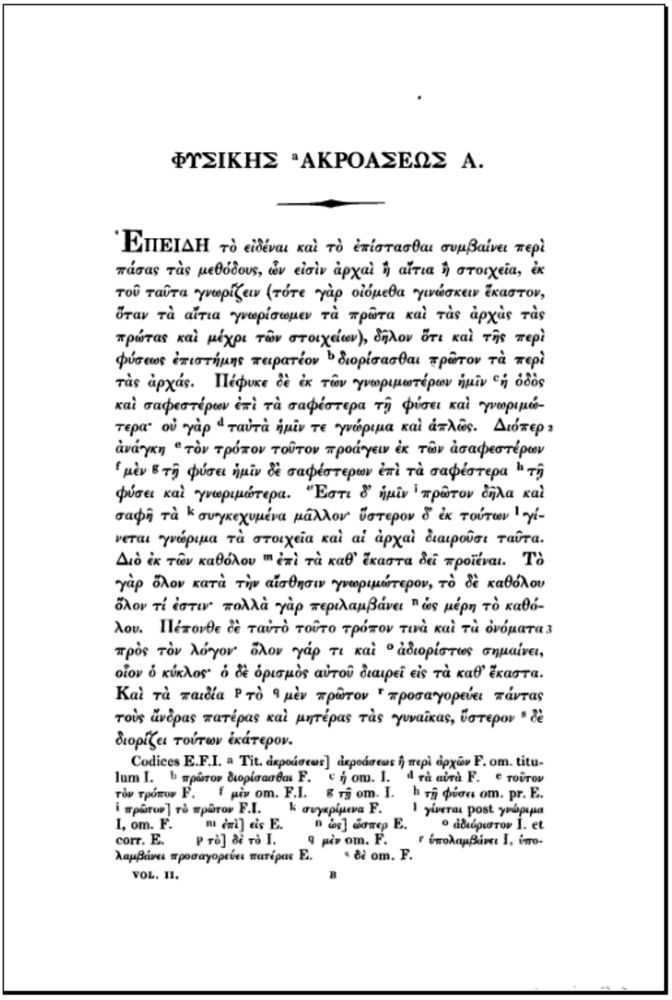
June 8, 2025 at 12:06 AM
The scientific method marked a qualitative leap over the natural philosophy that dominated Classical Greece in the fourth century BCE. For example, the prominent Greek philosopher Aristotle (384-322 BCE) believed that objects move to their natural resting place (i.e., metal sinking in water).
What triggered the exponential growth of discovery at these centers of higher education was the invention of the scientific method, a systematic approach to inquiry that guides researchers through observation, question formulation, hypothesis, experimentation, data analysis, and conclusion.
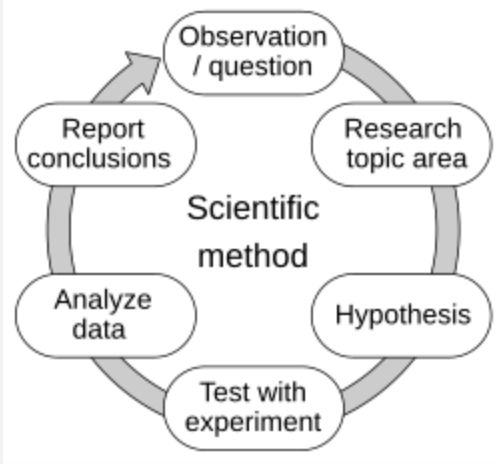
June 8, 2025 at 12:06 AM
What triggered the exponential growth of discovery at these centers of higher education was the invention of the scientific method, a systematic approach to inquiry that guides researchers through observation, question formulation, hypothesis, experimentation, data analysis, and conclusion.
Perhaps the most prominent Hellenistic center was Alexandria, a city founded by Alexander the Great in Egypt. Every major Hellenistic city had a publicly funded research institute, termed Mouseion (i.e., Museum), and a publicly funded library housing a vast collection of scrolls.
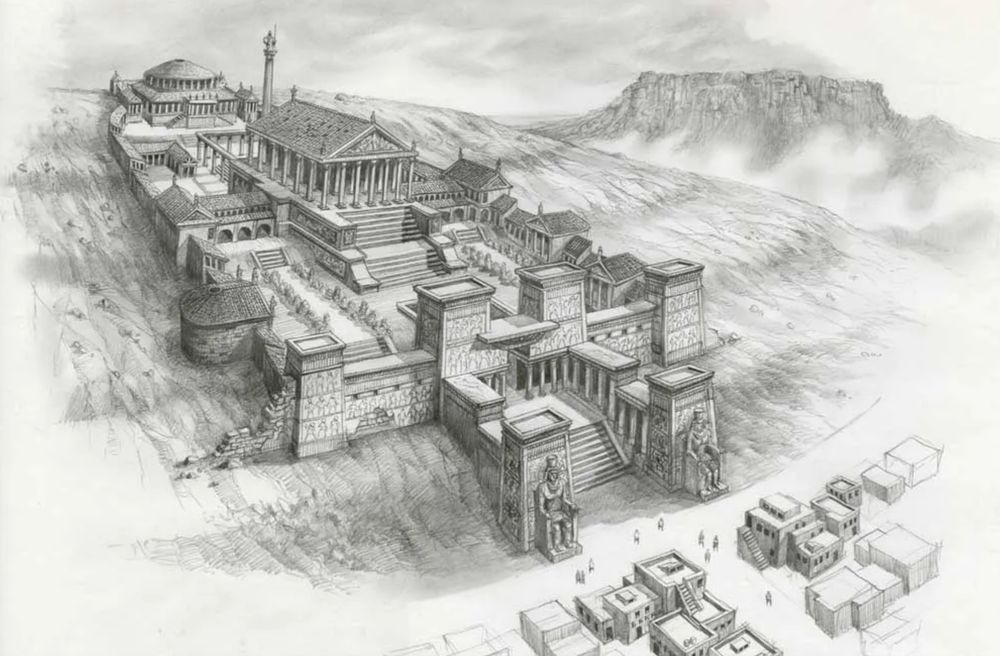
June 8, 2025 at 12:06 AM
Perhaps the most prominent Hellenistic center was Alexandria, a city founded by Alexander the Great in Egypt. Every major Hellenistic city had a publicly funded research institute, termed Mouseion (i.e., Museum), and a publicly funded library housing a vast collection of scrolls.
After Alexander the Great’s conquests from from Egypt to India, Greek civilization established a close relationship with the advanced cultures of Egypt and Mesopotamia. This cultural fusion gave rise to the Hellenistic civilization, a vibrant melting pot that became the birthplace of science.

June 8, 2025 at 12:06 AM
After Alexander the Great’s conquests from from Egypt to India, Greek civilization established a close relationship with the advanced cultures of Egypt and Mesopotamia. This cultural fusion gave rise to the Hellenistic civilization, a vibrant melting pot that became the birthplace of science.
We don’t need to guess because the experiment has already been done. History has shown us the devastating consequences when the foundations of scientific inquiry are undermined, and the results should serve as a stark warning. A thread.🔬🧪🏛️📜🔭

June 8, 2025 at 12:06 AM
We don’t need to guess because the experiment has already been done. History has shown us the devastating consequences when the foundations of scientific inquiry are undermined, and the results should serve as a stark warning. A thread.🔬🧪🏛️📜🔭
Science has more than doubled our life expectancy, revolutionized our quality of life, and powered unprecedented technological advancement. But can we afford to take scientific progress for granted? What happens when science funding is slashed, diversity is suppressed, and pseudoscience takes hold?
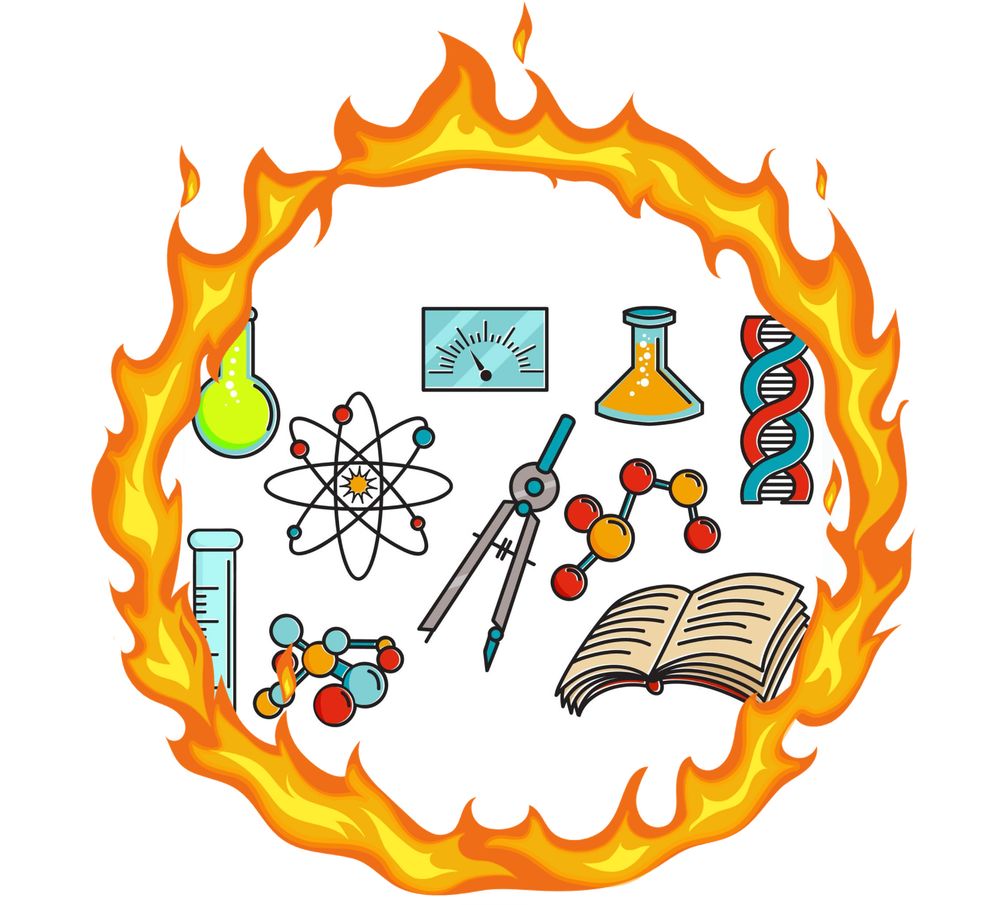
June 8, 2025 at 12:06 AM
Science has more than doubled our life expectancy, revolutionized our quality of life, and powered unprecedented technological advancement. But can we afford to take scientific progress for granted? What happens when science funding is slashed, diversity is suppressed, and pseudoscience takes hold?
Some of the beverages were also novel …

June 4, 2025 at 9:02 PM
Some of the beverages were also novel …
Nice to see an appreciation for science. Kitasato Shibasaburo, a disciple of Robert Koch and co-discoverer of the infectious agent of bubonic plague, is featured on the 1,000 Yen bill!
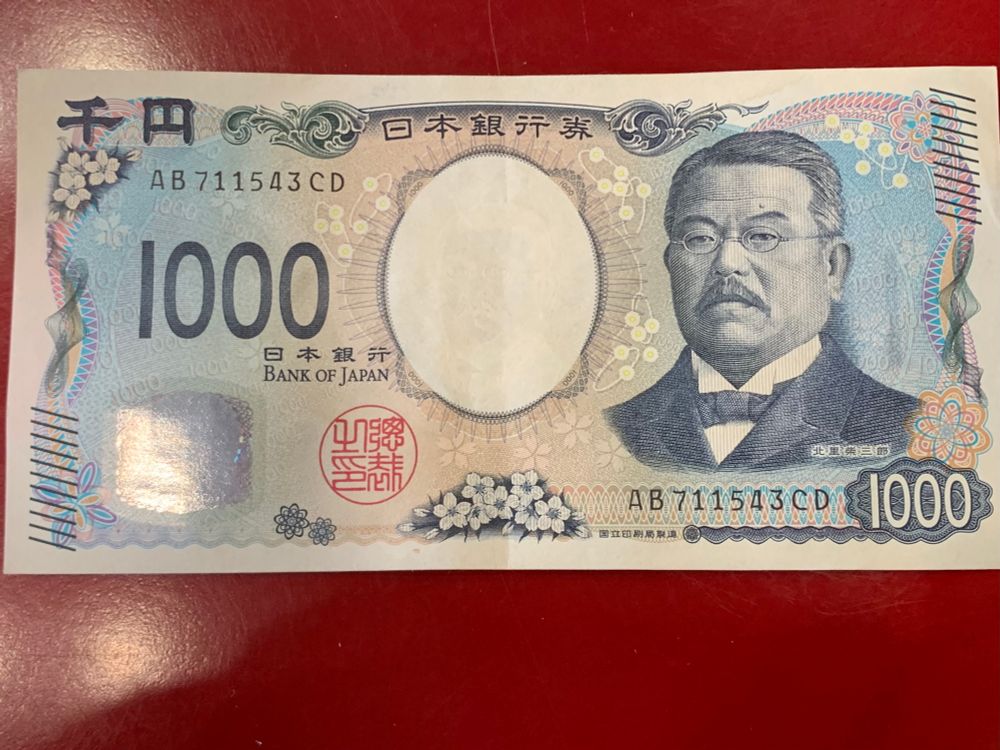
June 4, 2025 at 9:01 PM
Nice to see an appreciation for science. Kitasato Shibasaburo, a disciple of Robert Koch and co-discoverer of the infectious agent of bubonic plague, is featured on the 1,000 Yen bill!
Thanks to Hirotaka Hiyoshi and Yukako Fujinaga for inviting me to present at the 98th Annual Meeting of the Japanese Society for Bacteriology. It was great meeting old in new friends in Kanasawa 😊

June 4, 2025 at 8:53 PM
Thanks to Hirotaka Hiyoshi and Yukako Fujinaga for inviting me to present at the 98th Annual Meeting of the Japanese Society for Bacteriology. It was great meeting old in new friends in Kanasawa 😊
Fantastic line-up of speakers

May 12, 2025 at 6:43 PM
Fantastic line-up of speakers
🚨 Big news! Infection and Immunity is now open access! 🌍🔬 That means wider visibility & impact for your research. Worried about fees? 💸 Check out how IAI stacks up against other journals—you might be surprised. #OpenAccess #SciComm #Microbiology
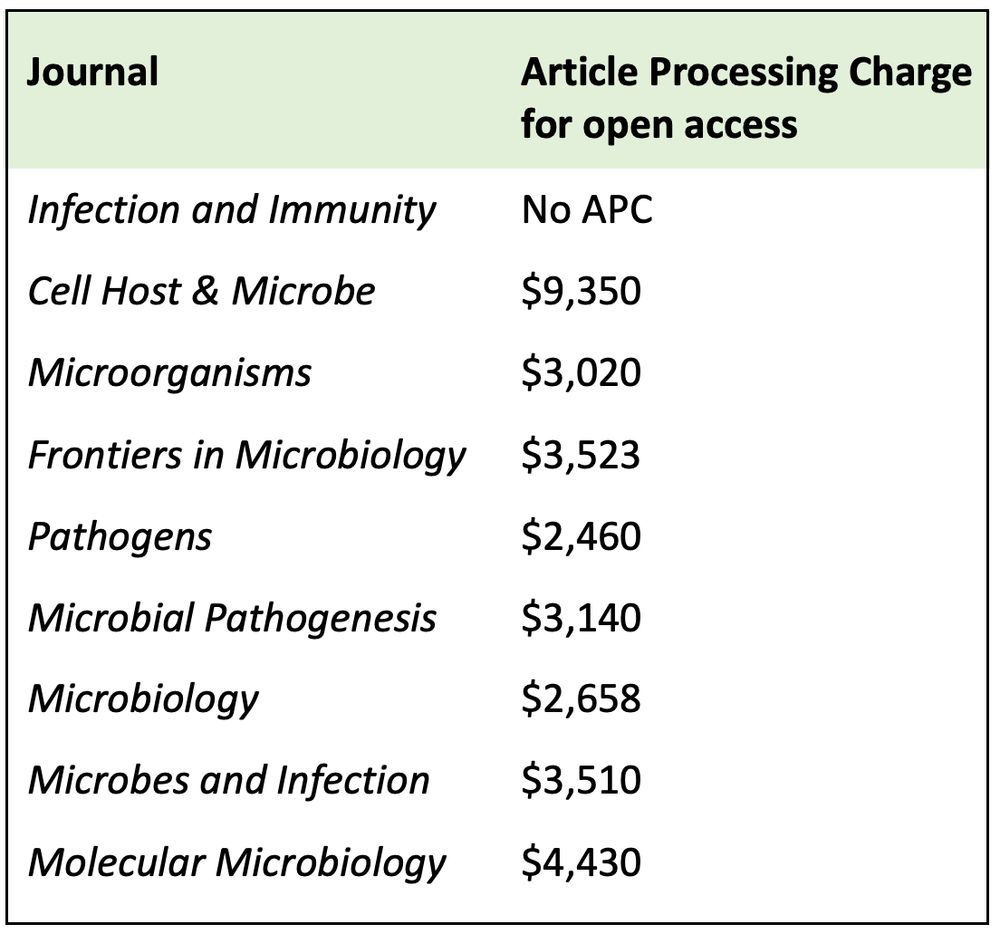
April 4, 2025 at 12:45 AM
🚨 Big news! Infection and Immunity is now open access! 🌍🔬 That means wider visibility & impact for your research. Worried about fees? 💸 Check out how IAI stacks up against other journals—you might be surprised. #OpenAccess #SciComm #Microbiology


